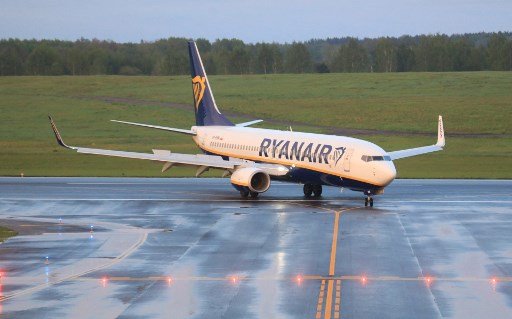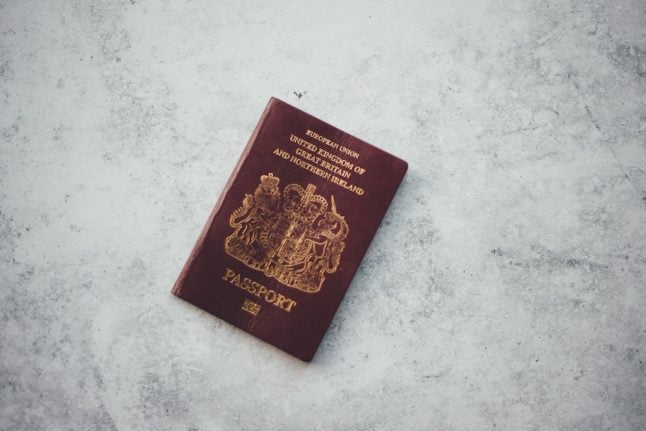Flights are expected to be hit by delays and/or cancellations on Saturday, June 25th, with pilots and cabin crew from Ryanair, Malta Air, CrewLink, easyJet and Volotea set to hold a nationwide 24-hour walkout over wages and working conditions.
Unions representing airline staff said the strike was called because of “the impossibility of starting a discussion about problems that have afflicted crew for months”.
READ ALSO: How will Italian flights be affected by Saturday’s strike action?
“After the strike of June 8th, workers will take new action to demand contracts in line with the minimum wage provision … as required by Italian law,” stated Italian unions Filt (Italian Federation of Transport Workers) and Uiltrasporti (the Italian transport workers’ union).
They added they were also demanding “food and water for the crews … who are often unable to get off the plane for 14 consecutive hours, and the cancellation of the wage cuts introduced to face a period of crisis that is no longer current.”
“If not listened to, we won’t hesitate to call further protest actions from the month of July,” the unions warned.
The upcoming strike will be part of a wider network of demonstrations, with low-cost airline pilots and cabin crew from Spain, Portugal, France and Belgium set to stage a walkout on the same day.
Italy’s unions said the longer strikes being held in other countries mean “probable inconveniences on connecting routes operated by the Ryanair group, especially [flights going] to the countries holding strikes”.
READ ALSO: Strikes and queues: How airline passengers in Europe face summer travel chaos
As it was the case on June 8th, it is likely that a number of scheduled flights will be significantly delayed or cancelled on the day of the strike, but it remains unclear how badly each airline will be affected.
Ryanair said it expects the disruption to its Italian flight schedule on Saturday to be minimal.
The airline’s Italian country manager Mauro Bolla told news agency Ansa the unions behind the strikes “do not have representation in Ryanair”.
In addition to the walkouts, demonstrations also planned at three Italian airports.
Milan Malpensa, Rome Ciampino and Bergamo Orio al Serio will all have pickets stationed outside their doors from 10am onwards on Saturday, unions said, however no major disruption is anticipated as a result of the direct action.
Passengers travelling with any of the above-mentioned carriers on Saturday, June 25th are advised to contact their airline for updates before leaving for the airport.
In the event of delays and/or cancellations, the rights of all passengers are protected by EU regulation EC 261. This applies to any air passenger flying within the EU/Schengen zone, arriving in the EU/Schengen zone from a non-EU country by means of a EU-based airline (all airlines involved in the strike are EU-based) or departing from the EU/Schengen zone.
According to this regulation, airlines are financially accountable for any journey disruption they are responsible for. That includes disruptions caused by airline staff strikes. Therefore, should your flight be significantly delayed or cancelled, you might be entitled to receive compensation from your airline.
Please note The Local cannot advise on specific cases. For further information on what you might be entitled to and in which cases, check our guide here.



 Please whitelist us to continue reading.
Please whitelist us to continue reading.
Member comments